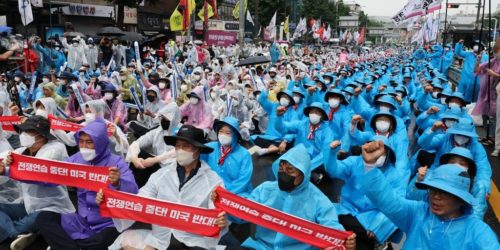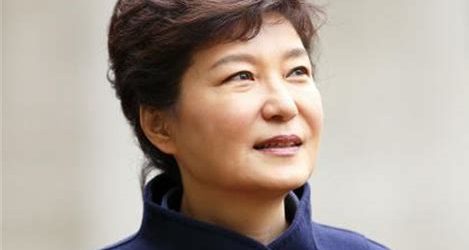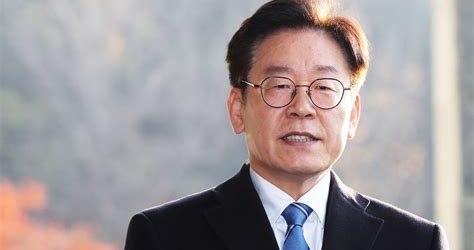The Ruling Party Destroys South Korea’s Capability to Catch North Korean Spies, Bills Blazing Through Legislature to Take Away Intelligence Agency’s Core Capability, Abolish the National Security Law
2020-12-3, Tara O
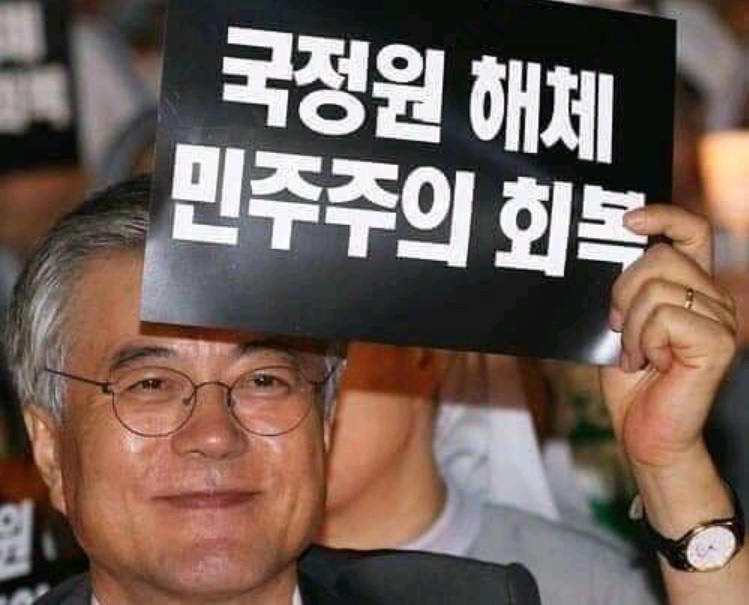
South Korea’s president Moon Jae-in and his party have long pushed for dismantling South Korea’s capability to catch North Korean spies and agents. They are close to achieving their goal, at the expense of South Korea’s national security, in two separate bills, the Amendment to the National Intelligence Service (NIS) Act and the Amendment to the National Security Act, to:
- Remove NIS’s capability to catch North Korean spies/agents
- Abolish the National Security Law
Has the threat dissipated?
These measures do not make sense considering the threat. North Korea has 15,000 espionage operatives. (24:21) The mission of their organization is to conduct espionage activities, which means they send operatives abroad for infiltration, especially focusing on South Korea. These agents recruit spies. According to Kim Dong-sik, a North Korean agent sent to South Korea who was caught after a shootout pursuit, even more ardently pro-North Korea than the North Korean agents are extremely pro-North Korea South Koreans, and he estimates that there are at least 1,000 in South Korea. In 2014, Kim stated that these are not the worker bee level activists who merely attend demonstrations disguised as “democracy movements,” but are people in leadership positions, who communicate with North Korea’s anti-South Korea espionage organizations, and plan and direct anti-U.S. and anti-South Korea activities.
The Amendment to the National Intelligence Service (NIS) Act
The ruling Democratic Party of Korea (Deobureo Minjoo Party) processed the Amendment to the National Intelligence Service (NIS) Act (국가정보원법 개정안) on November 30, 2020 at the National Assembly’s Intelligence Committee, and sent it to the National Assembly’s Legislative Judicial Committee.
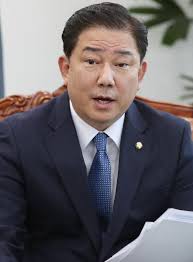
The bill was introduced by former NIS employee and National Assemblyman Kim Byung-kee (김병기), Democratic Party on August 4, 2020. For further information on this, including the 50 lawmakers who supported the bill, see here. The Democratic Party vowed to pass the amendments to the NIS Act and the National Security Act at the plenary session on December 9, 2020.
The Amendment removes the NIS’ authority for national security investigations and limits domestic intelligence collection. The NIS is to focus on overseas and North Korea, and allow the domestic collection only when connected with North Korea. Yeom Don-jay (염돈재), former first deputy director of the NIS in the Roh Moo-hyun administration finds this change problematic. Yeom pointed out that the connection with North Korea is not obvious initially. It takes years of painstaking work and investigations, and it is still difficult to prove due to high standards.
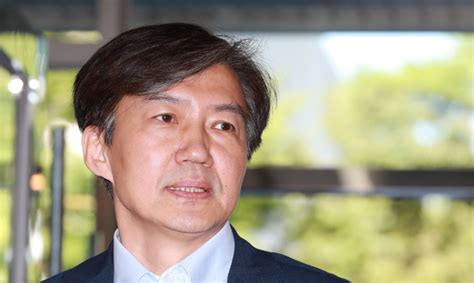
As examples of national security incidents, where they were unable to prove direct linkages to North Korea, he cited the Sanomaeng (Socialist Workers League of Korea) incident and the Lee Seok-ki incident, both cases which attempted to subvert the Republic of Korea (ROK). The Sanomaeng was created in 1989 to organize a Workers’ Party to lead an armed socialist revolution in South Korea. Moon’s close associate and former Justice Minister Cho Kuk was a key member of Sanomaeng.
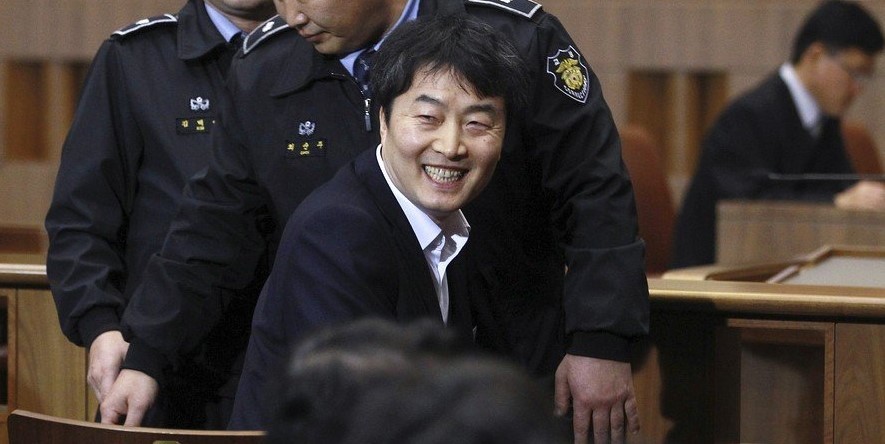
Lee Seok-ki, a former National Assemblyman, is currently jailed for sedition. He held a secret meeting in 2013 with an underground Revolutionary Organization, sang North Korean revolutionary songs before the meeting, and instructed the members to blow up key infrastructure in South Korea to help North Korea, should there be a war.
Under the Amendment to the NIS Act, if intelligence is collected due to suspicion of a linkage to North Korea, and later found to be unlinked, the NIS employee will be subject to investigation or trial. Investigating the cases like the above would have been impossible under the amendment. “In other words, (South Korea) becomes a spy heaven,” Yeom said.
The investigative authority will be given to the National Police Agency, under the amendment. Yeom stated, “They say that they are going to hand over the national investigation to the police, but the police cannot catch spies. Whether police or prosecutors, they avoid (unpopular) national security investigation work these days.”
In addition, the National Police Agency is abolishing the Security Bureau, which handles national security and counterintelligence investigations, converting all 1,600 “national security” police to general criminal case investigators. A national security police officer in Seoul stated, “If there is no more Security Bureau, the espionage and counterintelligence investigations will be handled by those who have little experience in national security investigations and the capacity built over decades will quickly dissipate.” Another national security police officer stated that the dissolution of the Security Bureau means they will no longer investigate North Korean spies and agents and that “it’s a self-harming act of laying a red carpet for the Kim Jong-un regime and pro-North Korea elements in South Korea.”
For security reasons, the NIS had not been required to disclose the details of its budget, which is the case for most intelligence agencies in the world. However, the amendment requires submitting the majority of NIS intelligence activities, including North Korea and overseas operations, and budget detail to the National Audit Office. Additionally, if 2/3 of the National Assembly’s Intelligence Committee requires, it is mandatory for the NIS to disclose to the committee all intelligence, projects, budget, organizations, locations, and personnel, except intelligence provided by foreign intelligence organizations. This is a major operational security threat, not only due to frequent leaks at the National Assembly, but there are quite a few lawmakers, who have Jusapa (Kim Il-sung/Kim Jong-il worship) and other anti-state activism backgrounds.
Additionally, Kim’s bill proposes to change the name of the National Intelligence Service (국가정보원) to “International Security Intelligence Service” (대외안보정보원) (that is a translation, but the English name has not been established). It could also be translated as “Foreign Security Intelligence Service” or something else. If the former, South Korea’s intelligence agency would unfortunately share the same abbreviation as a terrorist organization Islamic State in Iraq and Syria (ISIS), and its image would be severely degraded and damaging to morale.
The bill is so disastrous for South Korea’s national security that 1,200 former NIS employees have issued a statement entitled “The revision of the NIS Act is not a reform, but a self-harm that destroys the national security of the Republic of Korea.” This is the first time since its creation in 1961, then called the Korean Central Intelligence Agency (KCIA), that former employees have come together to oppose government policy.
Four former NIS directors and nearly 40 former NIS employees have been investigated and jailed or otherwise punished as part of Moon Jae-in’s “jeokpae” (deep rooted evil) “cheongsan” (liquidation/end) campaign—a political purge. Thus, the former employees have been staying low-profile, but they felt it necessary to speak out, even at the risk of further political persecution.
Professor Yeom Don-jay, one of the organizers said, “The amendment to the National Intelligence Service Act will neutralize the premier intelligence agency and completely destroy national security.”

The former NIS employees also placed an ad to plead with the public. Some highlights are:
- National Security Investigation capability is the best fortification that defends the liberal democracy of the Republic of Korea.
- North Korea’s 3-generation Kim Il-sung, Kim Jong-il, Kim Jong-un regime has clung to its policy of unification by communizing South Korea for the past 70 years.
- The ruling party hardly held any hearings and weaponized its numerical superiority to compel bill’s passage by itself.
- Stop harming national security behind closed doors and consider the public opinion.
Abolishing Article 7 of the National Security Act

An additional measure further eviscerates the capability to catch North Korean spies, thereby allowing a permissive environment for North Korea’s espionage operations. On November 18, 2020, National Assemblyman Lee Kyu-min (이규민) introduced a bill related to abolishing the National Security Law; it is currently at the Legislative Judicial Committee. This bill proposes to abolish the National Security Act’s Article 7, which provides for punishing a person who praises, encourages, propagandizes, or sympathizes with the activities of anti-state organizations to a sentence of not more than 7 years in prison, and is commonly referred to as a “praise, encourage crime.”
Ryu Dong-yul, the director of the Korea Institute for Liberal Democracy, lamented, “if Article 7 is abolished, then if a military officer blatantly praises the North Korean military or Kim Jong-un’s policy and promotes Juche Revolution, the officer cannot be punished.” Ryu further stated, “North Korea considers South Korea’s National Security Act as an institutional counter-revolutionary capability…the main intent of the Democratic Party in abolishing Article 7 is an attempt to neutralize the National Security Act by abolishing the key symbol of the National Security Act, which is Article 7.” Ryu argued, “the Moon administration’s national security policy is in effect meeting North Korea’s goal of weakening the “U.S. forces in Korea, ROK military, security agencies, and the National Security Act,” which North Korea has labeled as the 4 Major Counterrevolutionary Capabilities (4대 반혁명역량).”
Why is the Moon administration and the ruling Democratic Party so committed to weakening South Korea’s national security capabilities–what North Korea calls “the 4 Major Counterrevolutionary Capabilities?” Ryu assesses that in the background is the Jusapa activism pasts [anti-U.S., anti-South Korea] of the Blue House’s key staff members, who exert influence on the Moon administration’s policies, and “they still have not shaken off their anti-America [and anti-state] antagonism of their activism days.” Those with Jusapa and socialist/communist activism backgrounds also became lawmakers.
They have introduced similar laws in the past that have been rejected. The April 15, 2020 general elections (the election results were controversial and disputed as fraudulent) gave the ruling party and its satellite party a whopping 60 additional seats for a total of 180 seats, which is enough to give the ruling party with a legislative majority it needs to pass almost any law without the help of other parties. Thus, the ruling party is impelling these and many others similar bills through various committees to turn them into laws.
North Korea would be very pleased.
